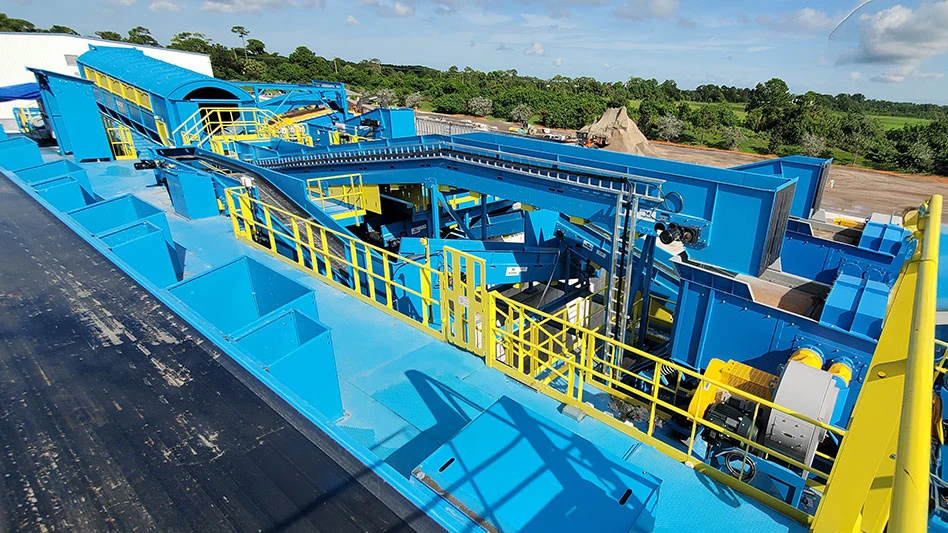
KanawatTH | stock.adobe.com
Following the recent announcement of their collaboration to optimize the complete life cycle of lithium-ion batteries (LIBs), battery recycler RecycLiCo Battery Materials Inc. and Wakefield, Massachusetts-based Nanoramic Laboratories say they have achieved successful results from their LIB cathode recycling collaboration.
British Columbia-based RecycLiCo says laboratory test results have demonstrated that its recycling process can efficiently treat Nanoramic’s NMP- (N-methylpyrrolidone-) free and PVDF- (polyvinylidene fluoride-) free electrodes without concern. Notably, RecycLiCo says Nanoramic’s electrodes can be recycled with fewer processing steps compared to conventional PVDF-based electrodes, resulting in energy and resource savings.
RELATED: RecycLiCo receives key approval for battery recycling joint venture
The battery recycler notes that a key finding from the partnership is the ability to separate the cathode active material from the aluminum foil more quickly and without chemical additives in the separation stage of the process, adding that this method not only improves environmental friendliness, but enhances RecycLiCo’s core recycling technology in downstream stages.
“RecycLiCo’s process has already demonstrated that it can achieve 99 percent leach extraction of lithium, nickel, manganese and cobalt from cathode active material,” the company says in a release. “However, the absence of fluorine in the binder in Nanoramic’s electrodes simplifies downstream processing. By eliminating fluorine, additional steps to remove this compound are no longer necessary, streamlining the recycling process and further minimizing environmental impact.
“Nanoramic’s NMP-free and PVDF-free electrodes align seamlessly with global trends in moving away from per- and polyfluoroalkyl substances (PFAS) in lithium-ion batteries, showcasing that both companies are ahead of the curve.”
Latest from Recycling Today
- Greenwave raises revenue but loses money in Q2 2025
- Recycled steel prices hold steady
- EY says India’s need for scrap imports will continue
- Coming full circle
- Amcor, DCM introduce fertilizer packaging with 35 percent recycled content
- Comstock Metals gets closer to commissioning commercial-scale solar panel recycling facility
- Washington selects Circular Action Alliance as PRO
- Smurfit Westrock expands in Latin America





